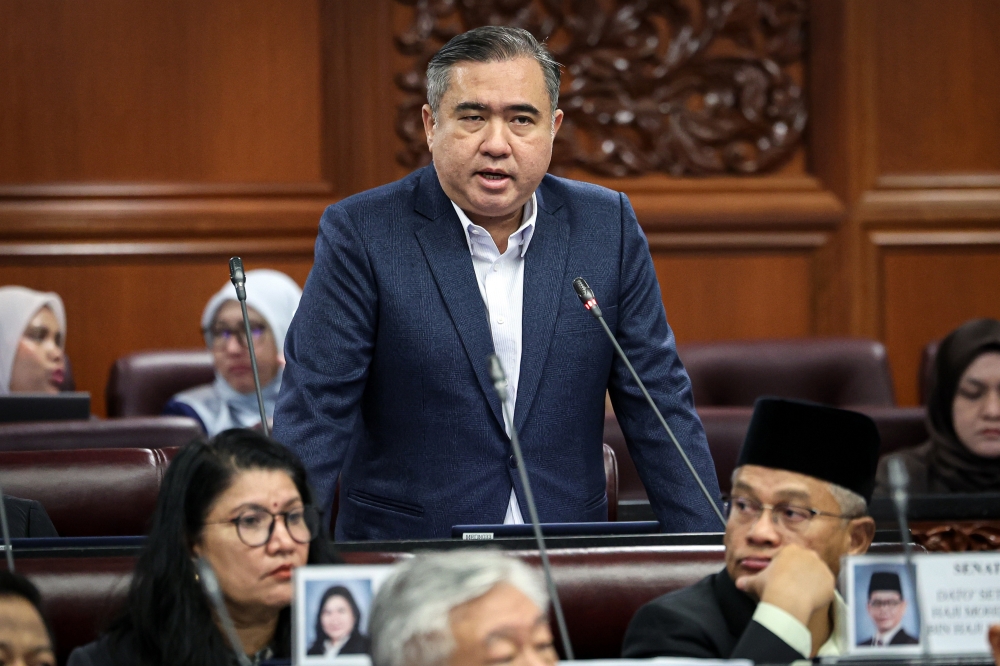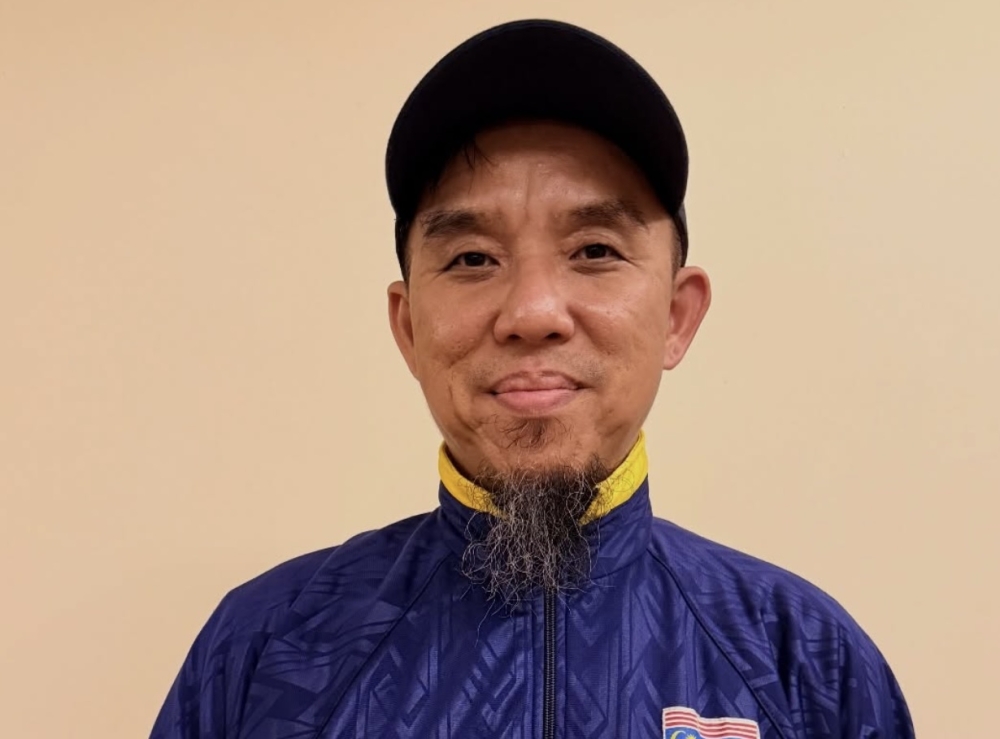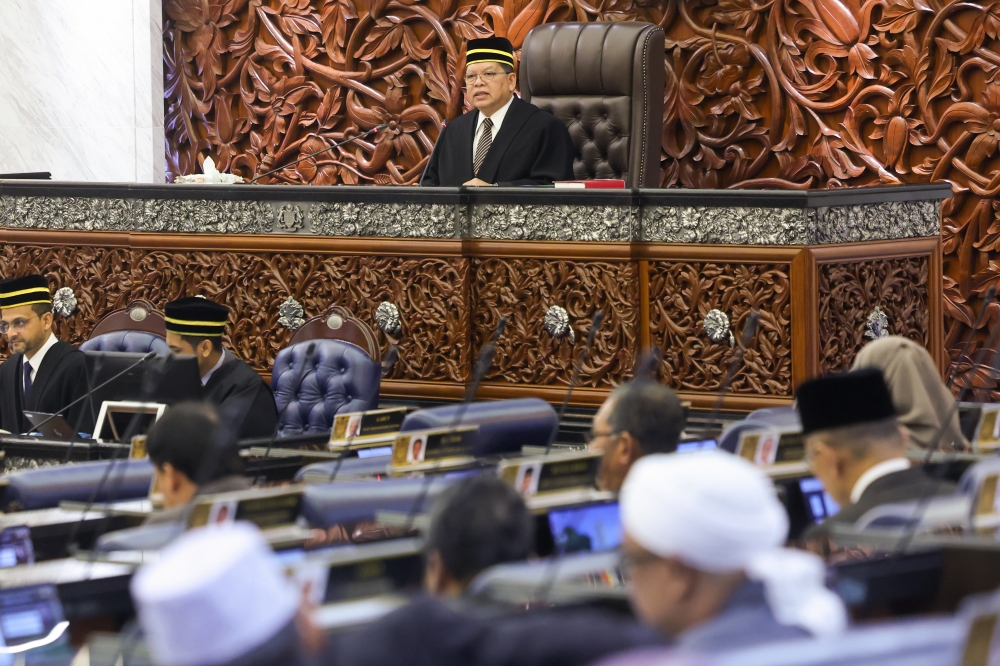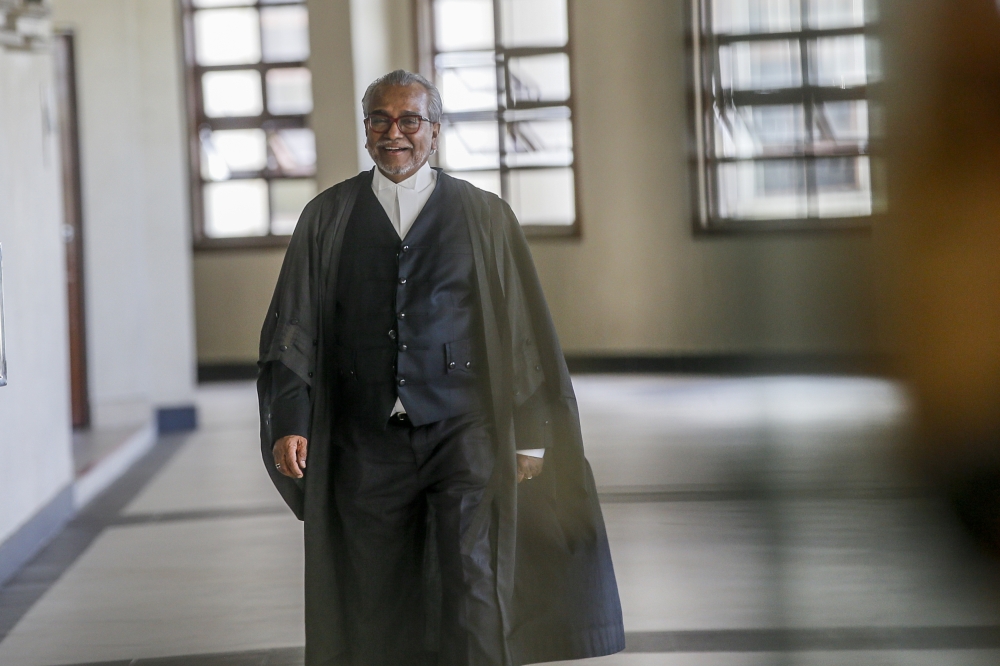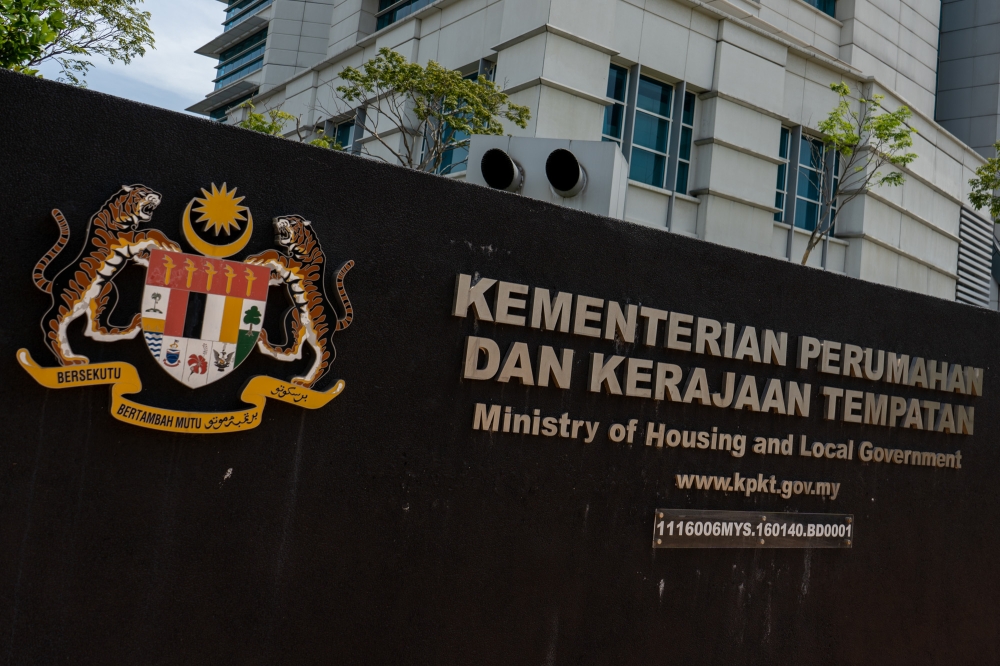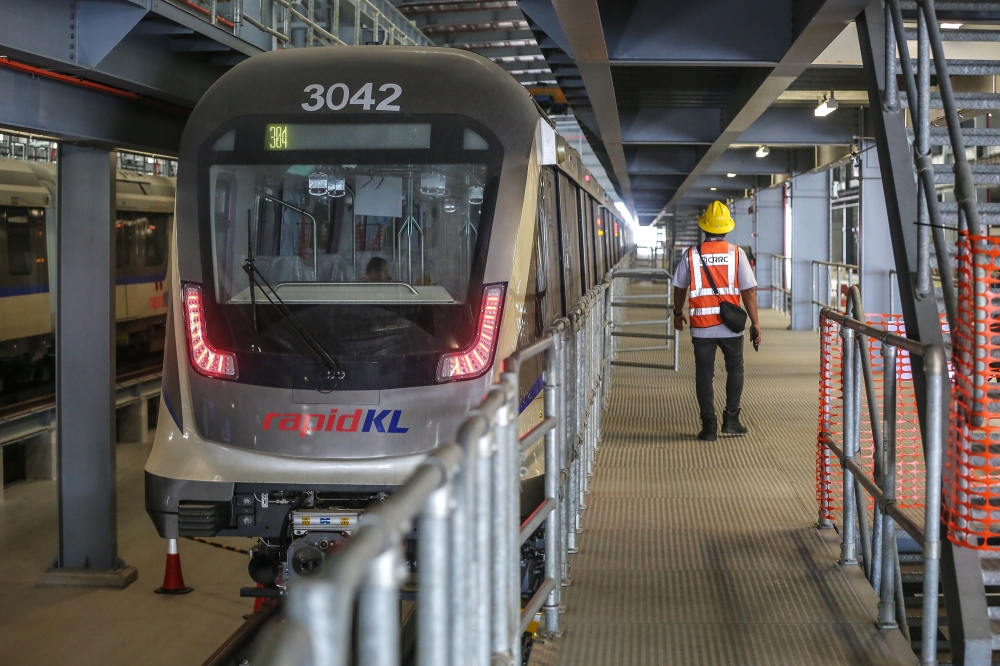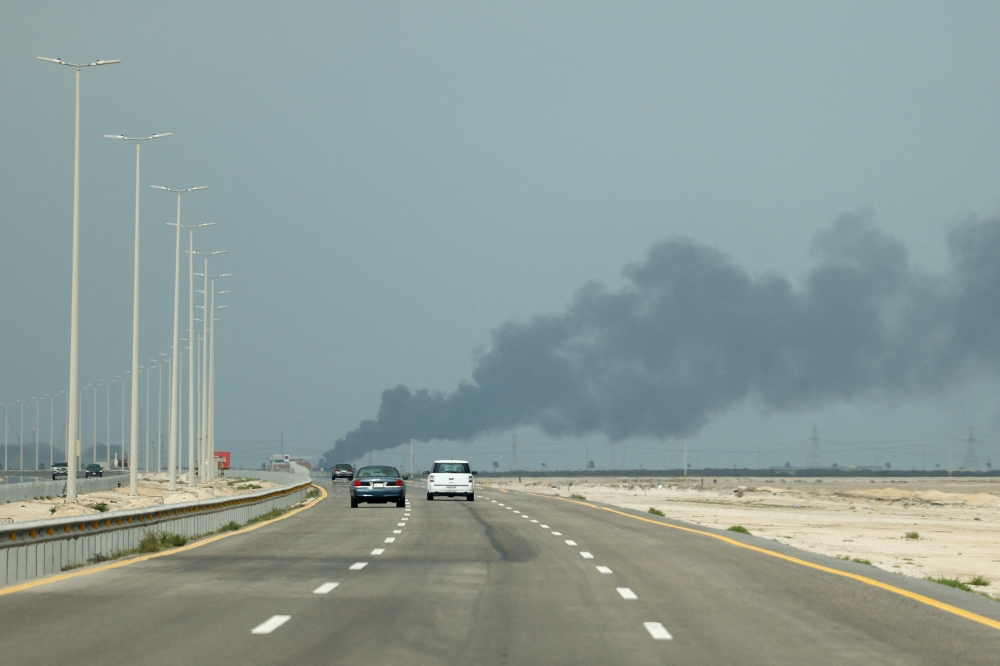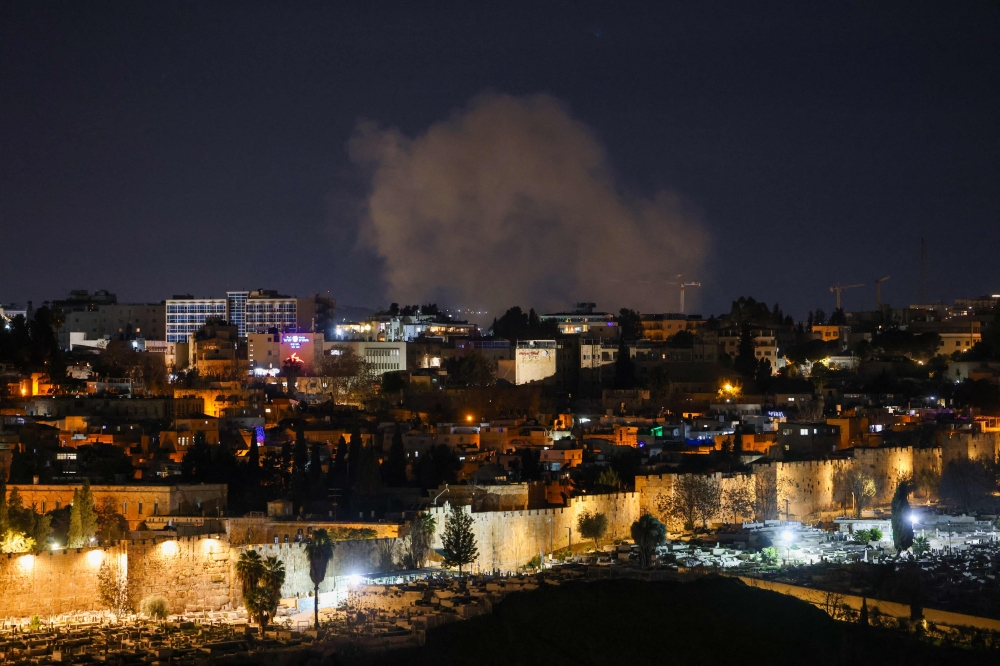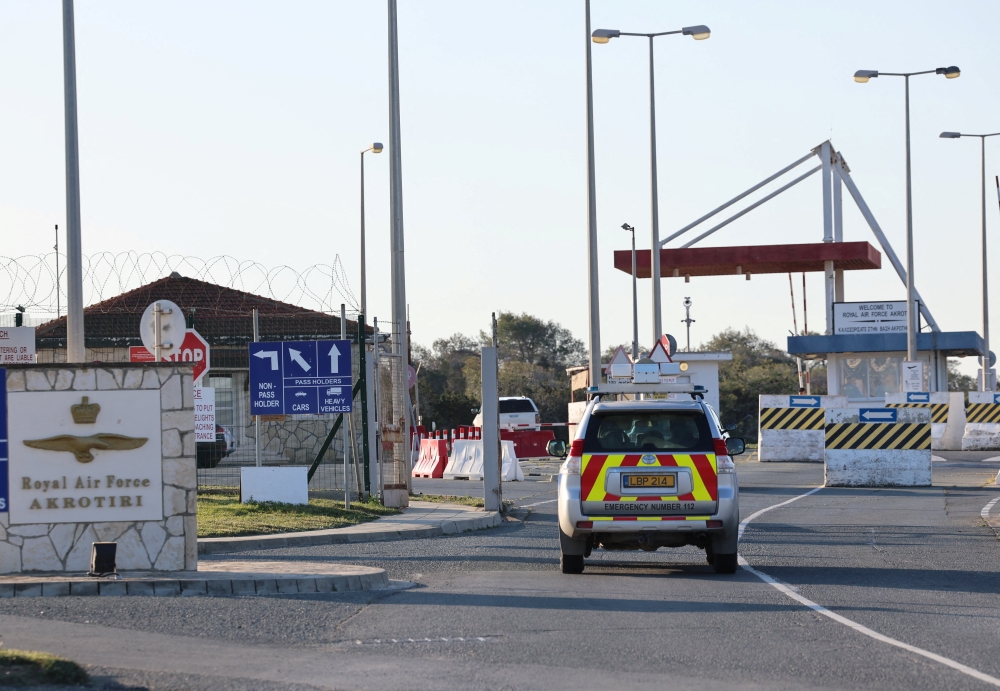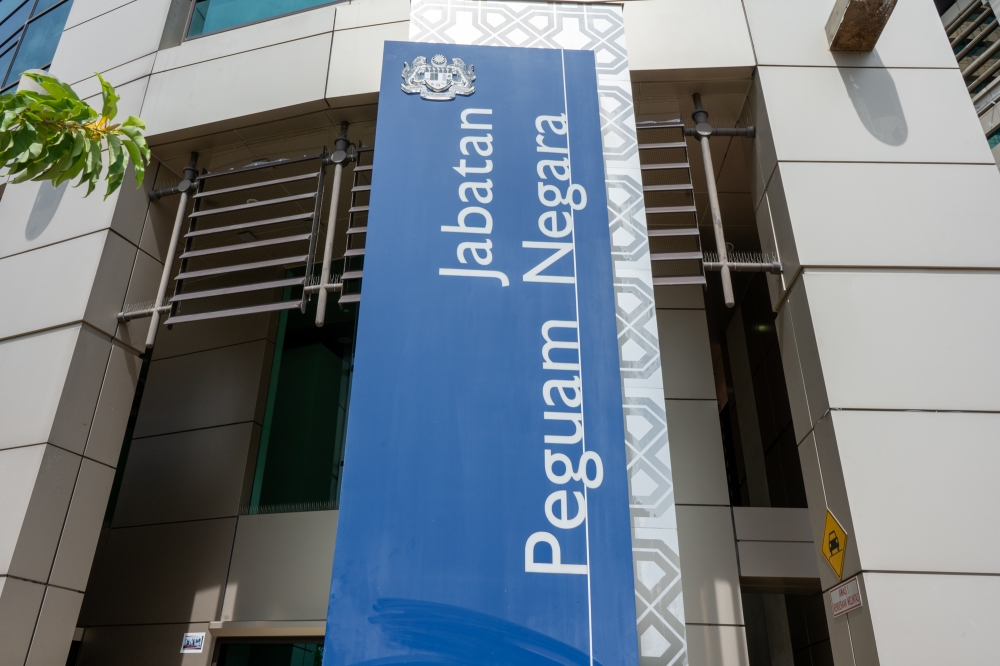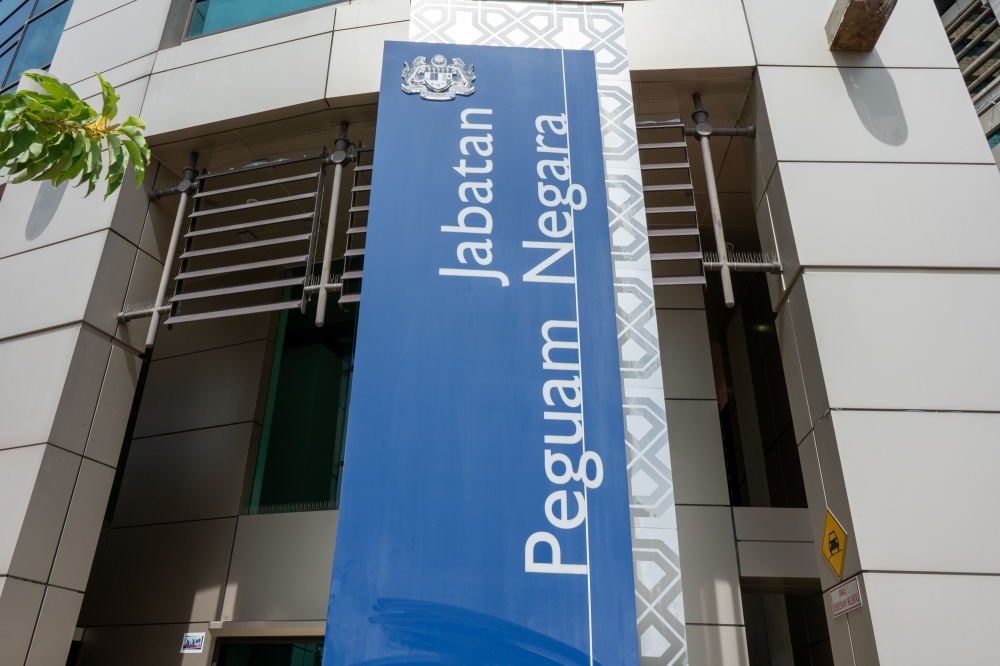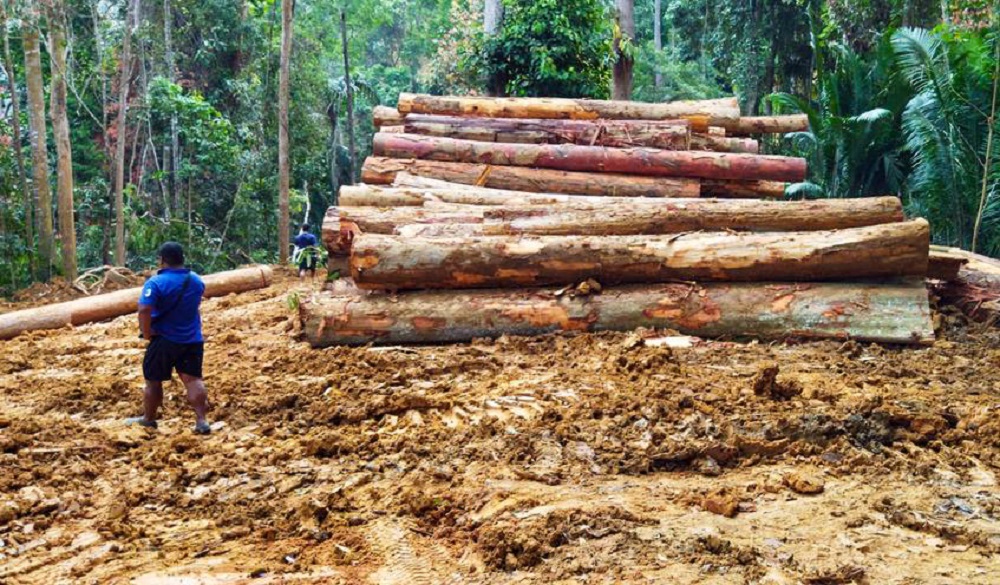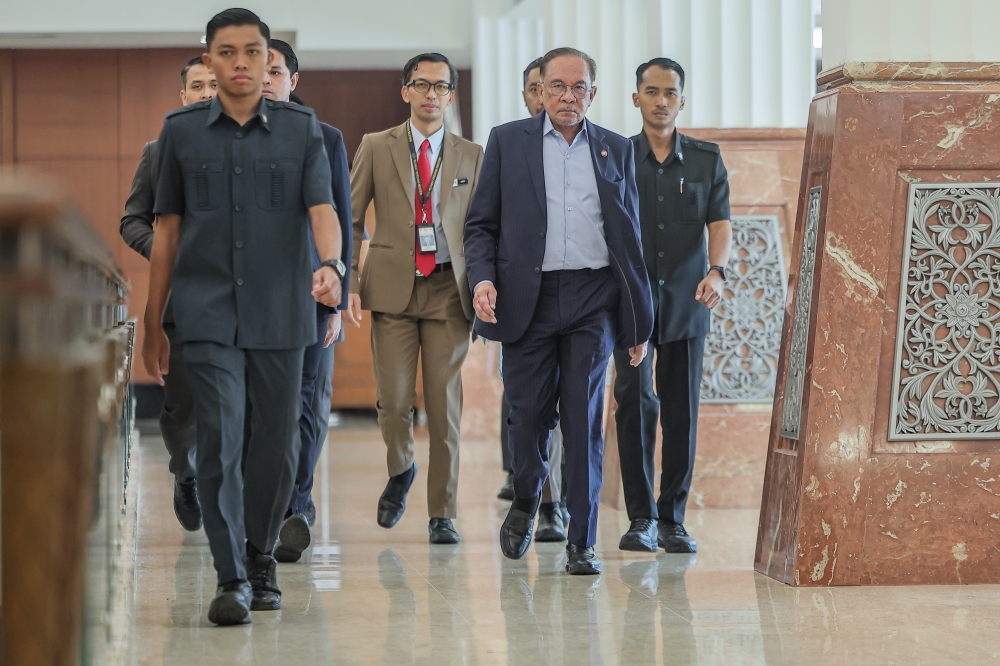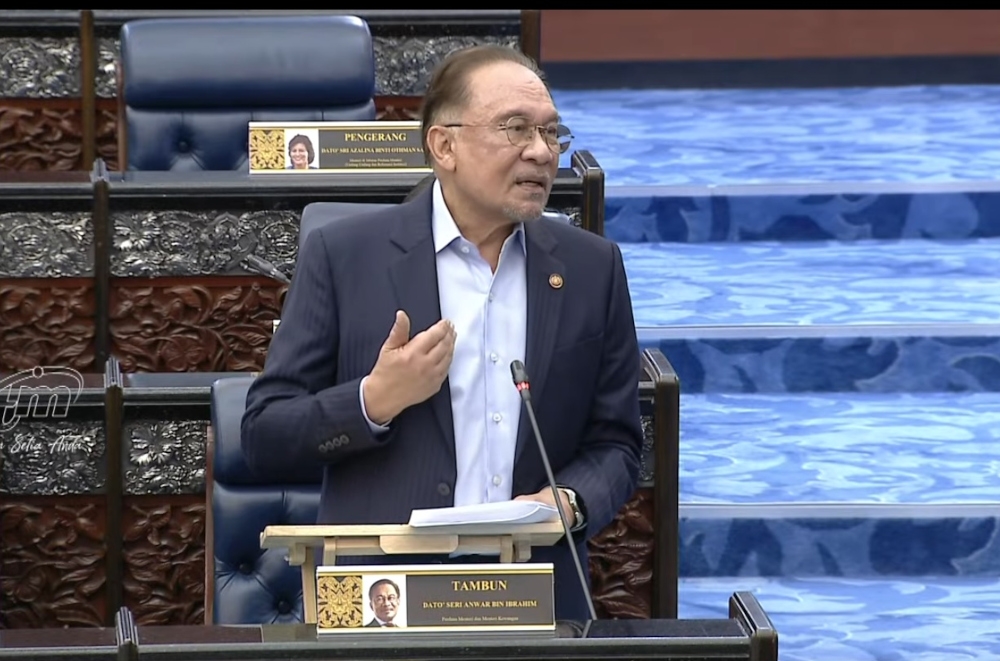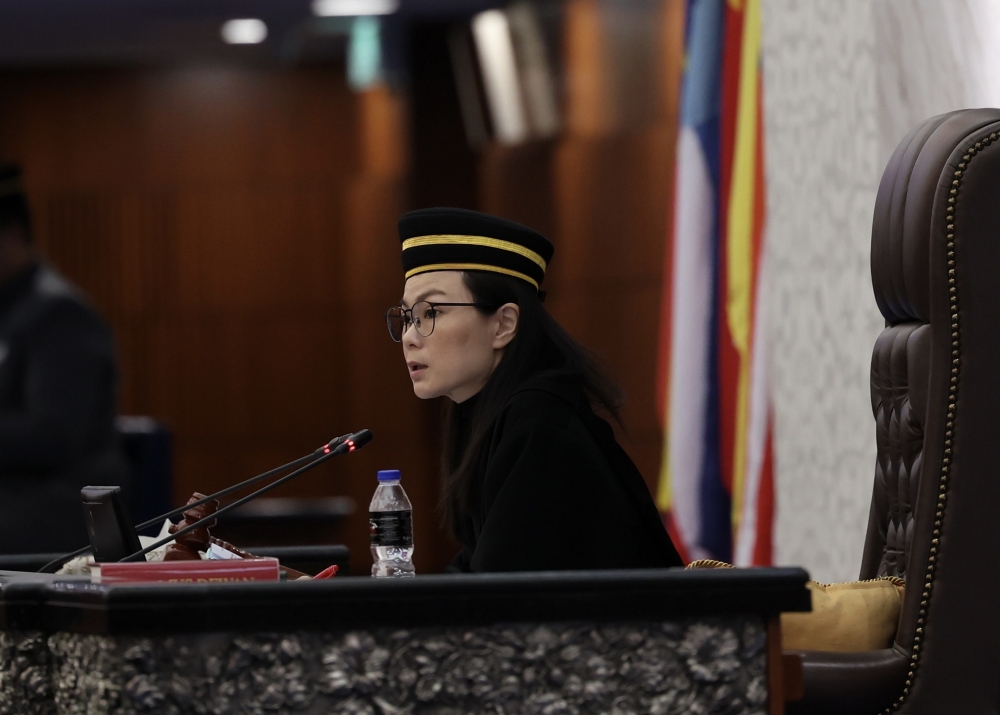IPOH, March 12 — The Orang Asli ancestral land in Kampung Ulu Geruntum is again umder threat after a logging company has allegedly encroached on their land and fell trees there.
One of the village chiefs Bah Kerper, 67, who represented about 800 residents there, said that they were only aware about the logging activity a few days ago.
“We were not informed about the logging project. The company did not get our consent and have encroached our ancestral land.
“There is a lot of our history there and it is also a sacred place,” he told Malay Mail.
Bah Kerper also said that the residents are worried with the land clearing at the area as it would affect the Sungai Sat, which is their primary water source, when it rains.
“The Sungai Sat is one of the river branches of the main Sungai Geruntum. If this river is affected then all the water in the Sungai Geruntum will be affected as well,” he said
“The land clearing would also cause soil erosion because the logging activity is located on the hillside,” he added.
Bah Kerper also said that the village chiefs and the committee are planning to lodge a police report over the logging activity.
Meanwhile, Bah Pani, another village chief, said that their ancestral land is not only known for the rafflesia flower, but also other herb plants.
“We are not sure what are trees felled in the area. Most of our villager’s livelihood depends on the products from the forest,” he said.
The forest in Ulu Geruntum is known for the rafflesia flower identified by the United Nations Development Programme.
There are about 20 known species of rafflesia and 60 types of butterflies in the forest around Ulu Geruntum.
Perak Forestry Department director Datuk Mohamed Zin Yusop when called by Malay Mail said that they will check on the matter.
On March 1, 2018, Malay Mail reported that the livelihood of Orang Asli from six villages and tourism stakeholders is at risk following the construction of a mini hydroelectric dam in Ulu Geruntum, Gopeng.
The Orang Asli in the affected villages said that their ancestral burial ground had been destroyed and lost half their fruit tree plantations after the hydro dam contractor allegedly cleared land for the project without their consent.
They said that this has contaminated the river that is also their main source of drinking water.

